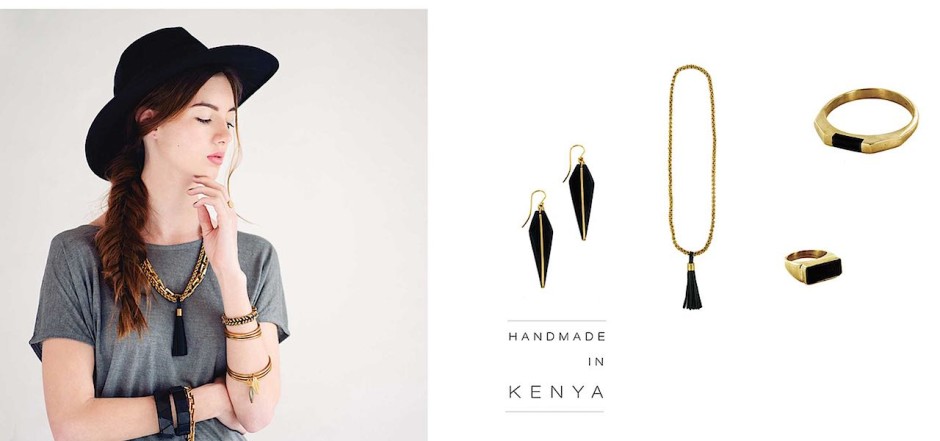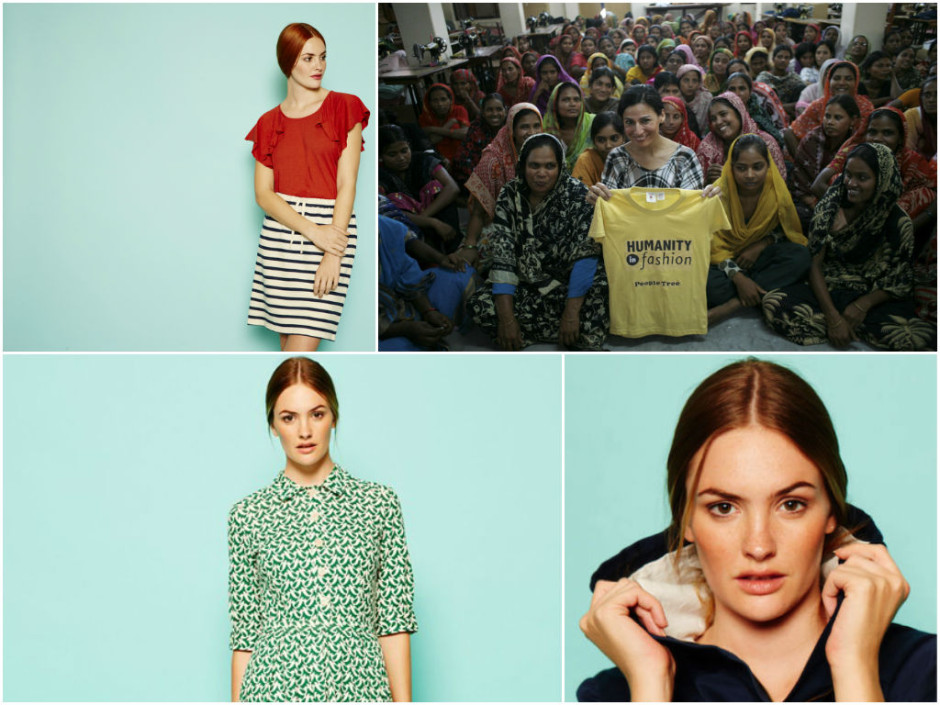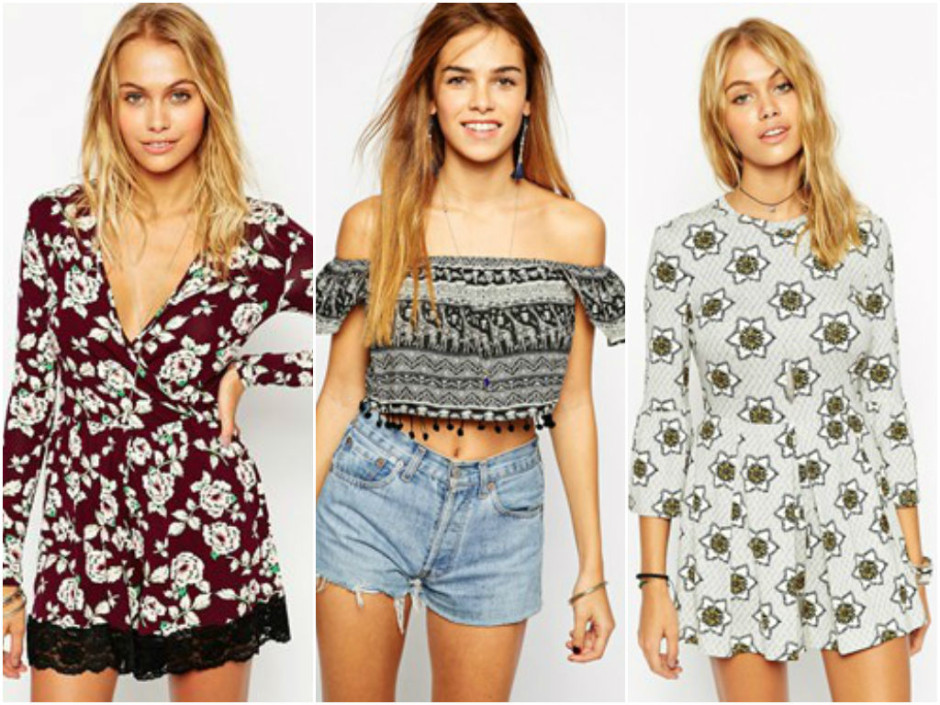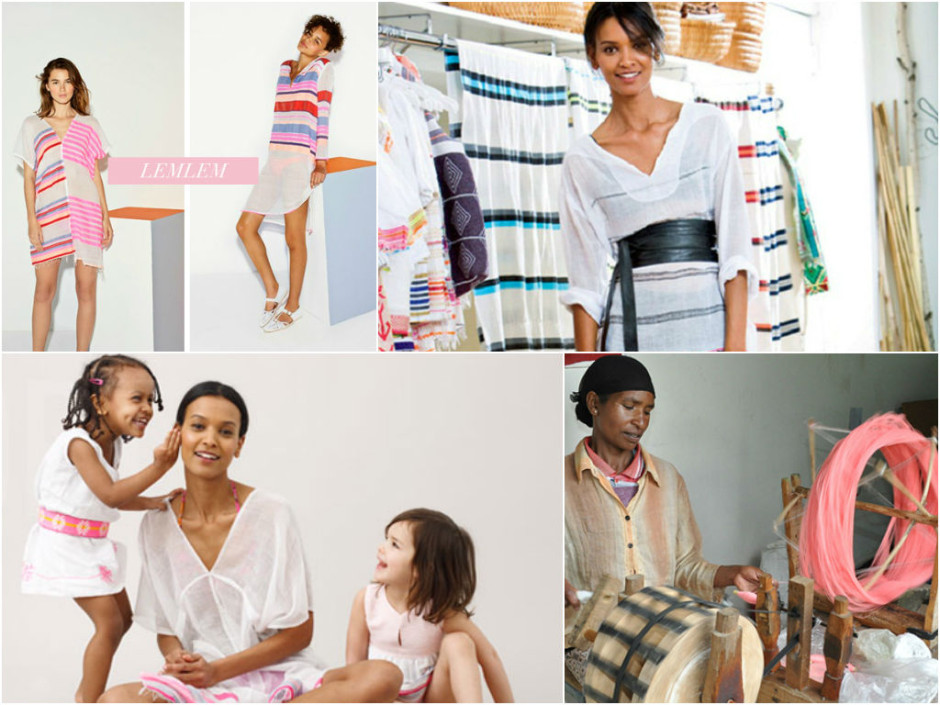Whether adopting fair labor practices or eco-friendly manufacturing techniques, the following brands have worked to become more socially responsible. Through supporting these companies, consumers can benefit the communities behind them and encourage more companies to source fair-trade standards. Check out these amazing fashion companies that are paving the way for sustainable style.
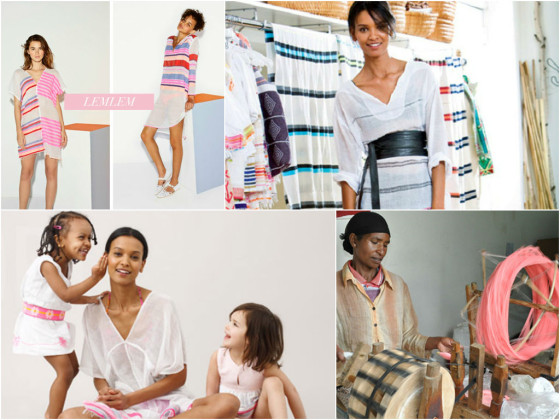

5 Companies Making Fair Trade Fashion Cooler Than What You Have in Your Wardrobe
1. Made
Fashion accessories brand Made creates handcrafted, one-of-a-kind, beautiful jewellery in their Kenyan workshop. They train all of their local artisans in new skills and provide sustainable opportunities while stimulating their economies. Made has partnered up with everyone from the likes of Louis Vuitton and Tommy Hilfiger to Topshop and Feed. Made’s collection sees a covetable range of designs including embellished cuffs, drop earrings and stone adorned necklaces. www.made.uk.com
2. People Tree
For over 20 years, People Tree has been one of the pioneers of fashionable free trade. People Tree has been working with Fair Trade farmers and artisans in the developing world to create a new type of fashion business. They work towards promoting sustainability and helping people in the world’s most marginalised communities escape poverty by actively supporting 50 Fair Trade producer groups, in 15 developing countries and create amazing pieces as they do so.
The brand, collaborates with celebrities, models, fashion designers and journalists to create innovative Fair Trade fashion and to inspire change in the fashion industry. The work with influential people such as Zandra Rhodes, Emma Watson and Dame Vivienne Westwood. www.peopletree.co.uk
3. ASOS AFRICA & SOKO
Within the asos.com e-boutique there is a fantastic ‘Green Room’ where customers can go to learn and purchase pioneering sustainable fashion and beauty products. The Green Room houses a wide range of brands, with a super easy glossary section so you know exactly why what you’re buying is privileged enough to be in the section. Local designers, recycled pieces, organic and fairtrade are key topics they feature.
However, inside the online retailer giants website is ASOS AFRICA, the Green Rooms flagship brand which is now in its tenth season. The collection is designed in-house, then cut and manufactured by SOKO, the Kenyan clothing workshop which provides fair and safe employment and training for some of the country’s poorest communities. The beautiful designs combine modern silhouettes, acid-bright colors and traditional African prints all made in Kenya.
As part of SOKO’s working contract, they receive hot meals and refreshments each day, as well as healthcare cover. They also benefit from the facilities at Wildlife Works, where SOKO’s new eco-factory is based, including a crèche, kitchen and washing facilities. This is particularly beneficial for the working mothers at SOKO who have few opportunities within their society to earn an income and gain financial stability. And if that’s not enough, ASOS AFRICA also pledges a portion from every purchase to benefit local communities in East Africa. www.asos.com
4. Veja
The super wearable and chic Parisian brand Veja was established in 2004. Veja works directly with small producer co-operatives of organic cotton and wild Amazonian rubber and acacia-tanned leather to create sneakers and accessories for the European market alongside the likes of Givenchy and Lanvin. The Veja project creates a supply chain that respects both humans and the environment. www.veja-store.com/en/
5. LemLem
You may know her as a supermodel and actress, or even a World Health Organisation ambassador, but Liya Kebede is also the brains behind LemLem. After discovering that traditional weavers in her native country of Ethiopia were losing their jobs due to a decline in local demand for their goods and wanted to do something to help. Recognizing the beauty, quality and historic significance of their work, Liya founded Lemlem in 2007 as a way to inspire economic independence in her native country and to preserve the art of weaving.
Today, Lemlem, meaning “to bloom or flourish” in Amharic, uses traditional artisans to produce hand-woven shawls in white cotton with ethnic-influenced embroidery, is thriving. The line offers a range handcrafted collection of womenswear, childrenswear, homewares and accessories. www.lemlem.com
